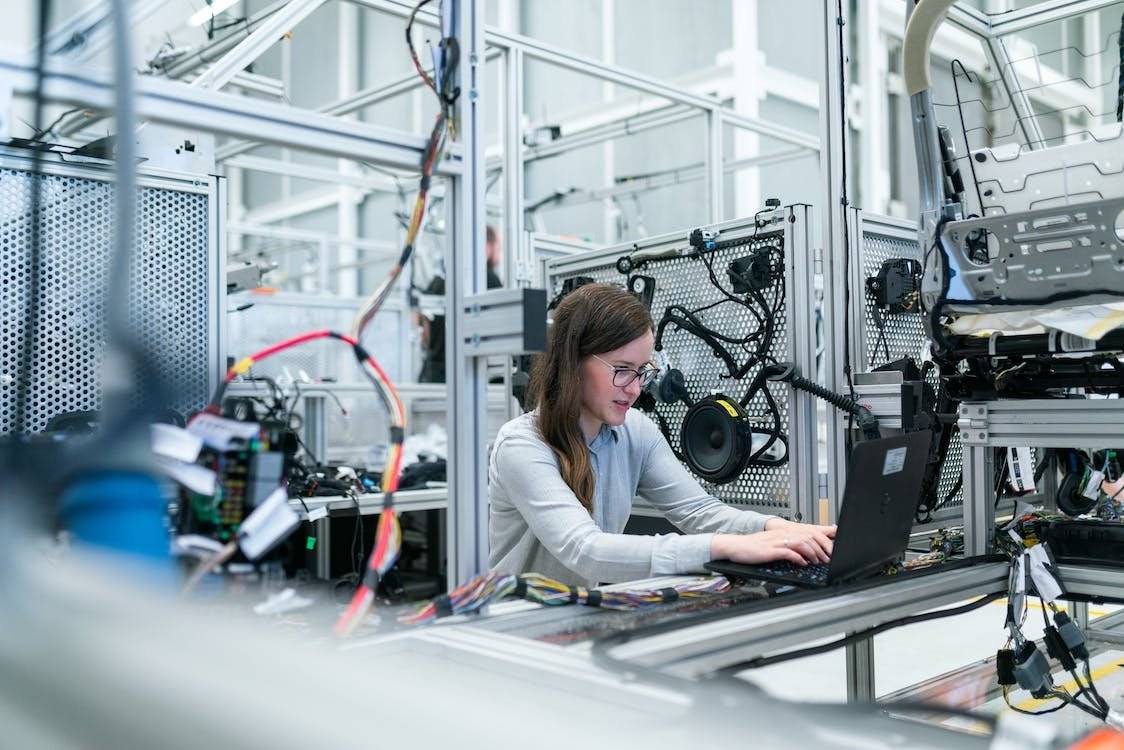International shipping changed a lot over time. From old wooden ships to huge cargo vessels, it's always evolved. We're seeing tech play a big part, especially with the use of logistics robots.
The Current Landscape of International Shipping
International shipping is a complex beast. It's not only about moving goods from one point to another. It's about ensuring timely deliveries, managing costs, and handling many challenges of transporting goods across borders.
Today's shipping companies grapple with issues like unexpected delays, goods getting damaged in transit, and soaring operational expenses. Given these challenges, it's clear that the industry is in dire need of effective and affordable solutions.
Enter the World of Logistics Robots
So, what exactly are logistics robots? Imagine machines designed to handle, sort, and transport goods with precision. These robots are designed with the intent to outpace human efficiency and accuracy. Unlike us, they don't tire out or need rest periods; their task precision is remarkable.
Global companies are now waking up to the advantages these robots offer. Ports in major cities now use them to handle cargo, ensuring that goods are easily loaded and unloaded. The result? Faster turnaround times and happier customers.
What Specific Tasks Can They Perform?
They're versatile and can handle a range of tasks, including:
- Picking and packing goods in warehouses.
- Sorting packages based on size, destination, or priority.
- Loading and unloading cargo from ships, trucks, or planes.
- Transporting goods within large storage facilities or ports.
- Inventory management and stock checking.
- Assisting in quality control by scanning and inspecting goods.
Transforming the Shipping Process
The impact of it on the shipping process is profound. One of the first things you'll notice is how they slash the time needed for loading and unloading. This efficiency is nothing short of revolutionary for shipping businesses always racing against the clock.
Moreover, these robots bring a level of accuracy that's hard to achieve with human workers. Misplaced or lost cargo is costly, and they help minimize such mishaps. With advanced tracking systems, they also provide real-time updates on cargo movement, ensuring transparency in the shipping process.
How Do They Operate in Ports?
In ports, they're key to smoother operations. With top-notch sensors and navigation, they move safely and dodge obstacles in port areas. They team up with cranes and machines to handle cargo well. They're smart, using live data to tackle urgent shipments first. They work in all weathers, ensuring ports run without a hitch. Plus, they help the human crew, making their jobs easier.
The Future of International Shipping With Robotics
The world of international shipping is set for a robotic revolution. As technology continues to advance, we can expect these robots to become even more efficient. With AI and machine learning integration, their capabilities will only expand.
However, it's essential to address the elephant in the room: employment. While robots bring efficiency, there's a concern about job losses in the industry. Companies must strike a balance, ensuring that while they embrace technology, they also invest in upskilling their workforce.
Conclusion
The rise of logistics robots in international shipping is undeniable. They offer a promising solution to many of the industry's challenges. As we move forward, shipping companies must embrace this change, ensuring a brighter and more efficient future for international trade.

